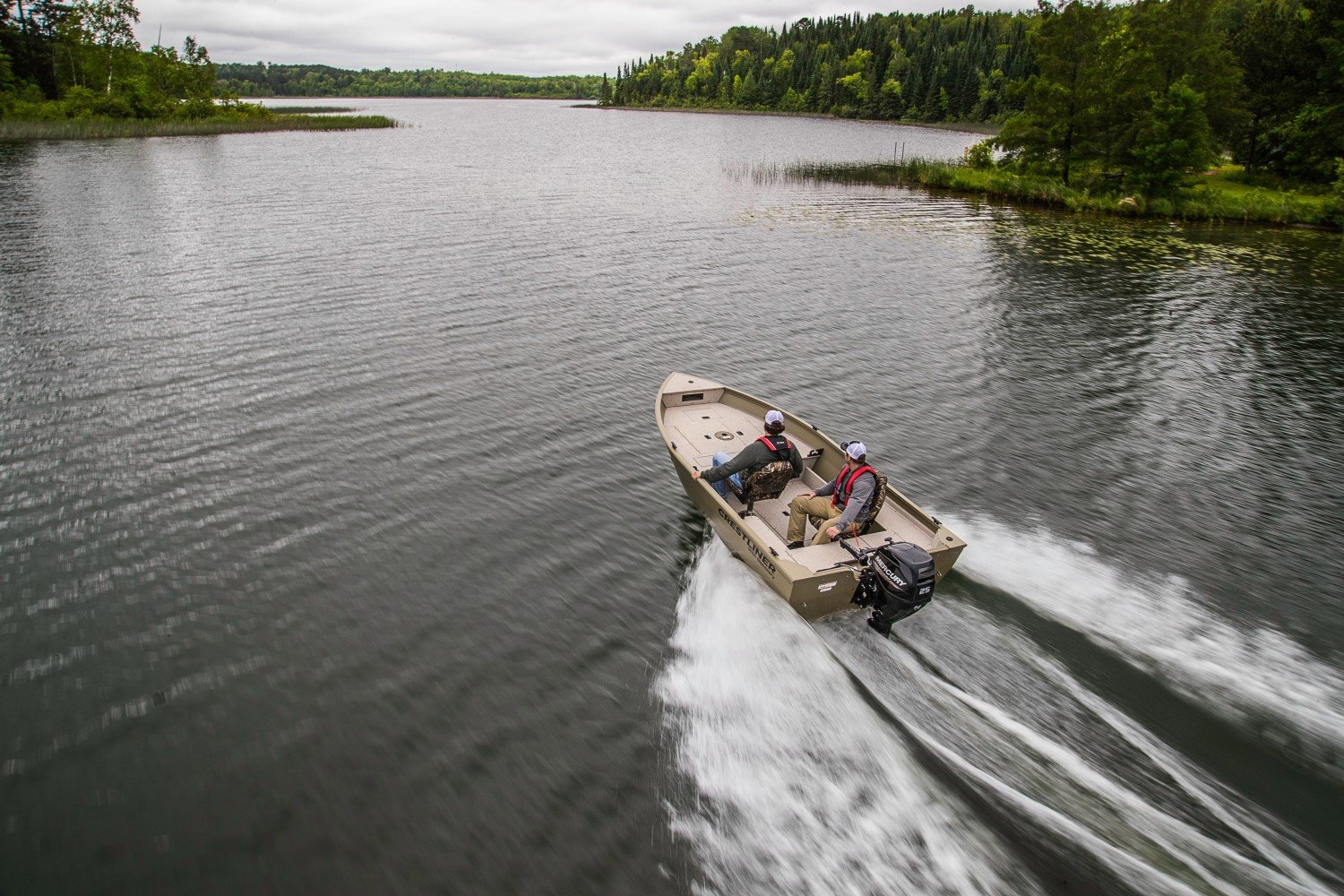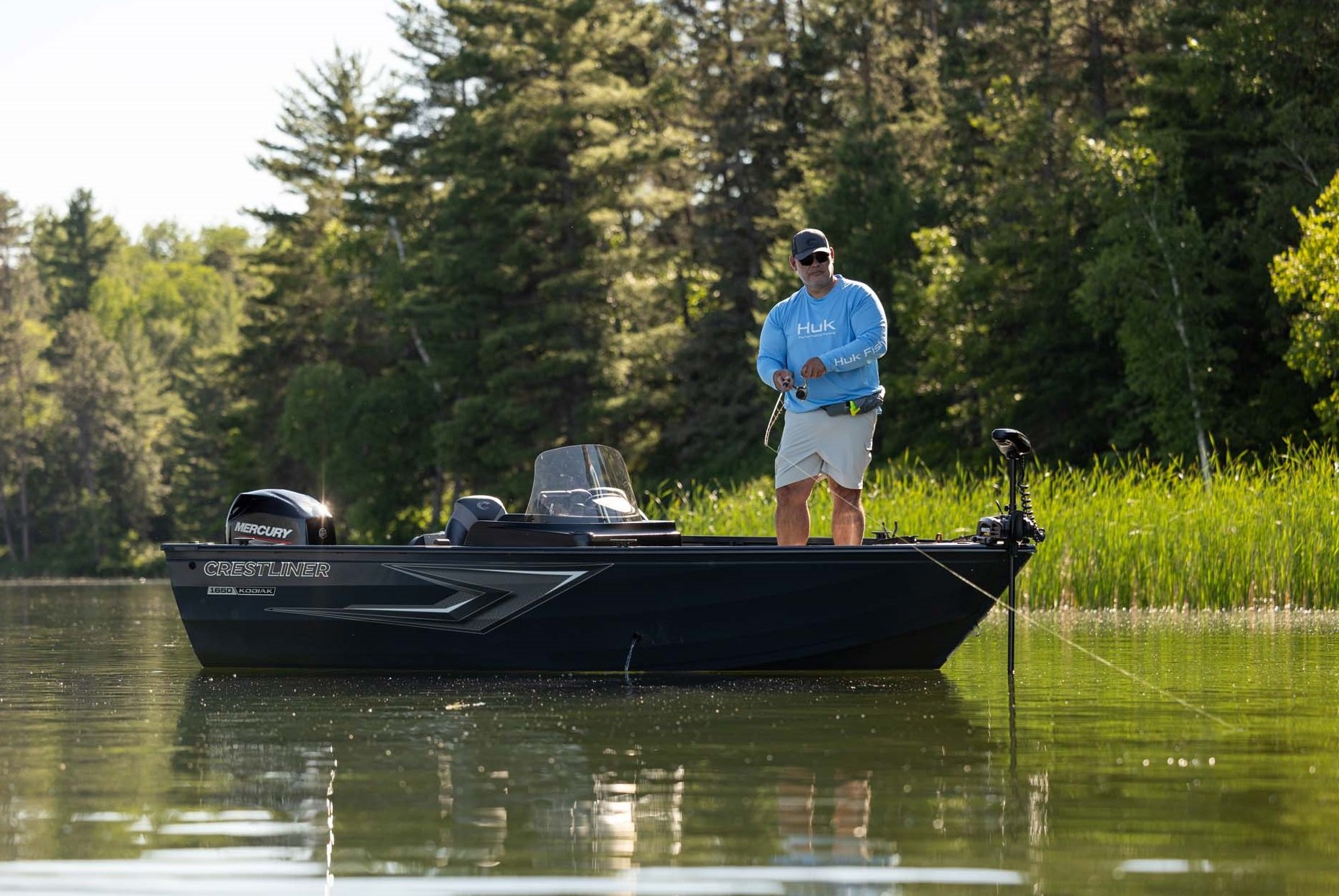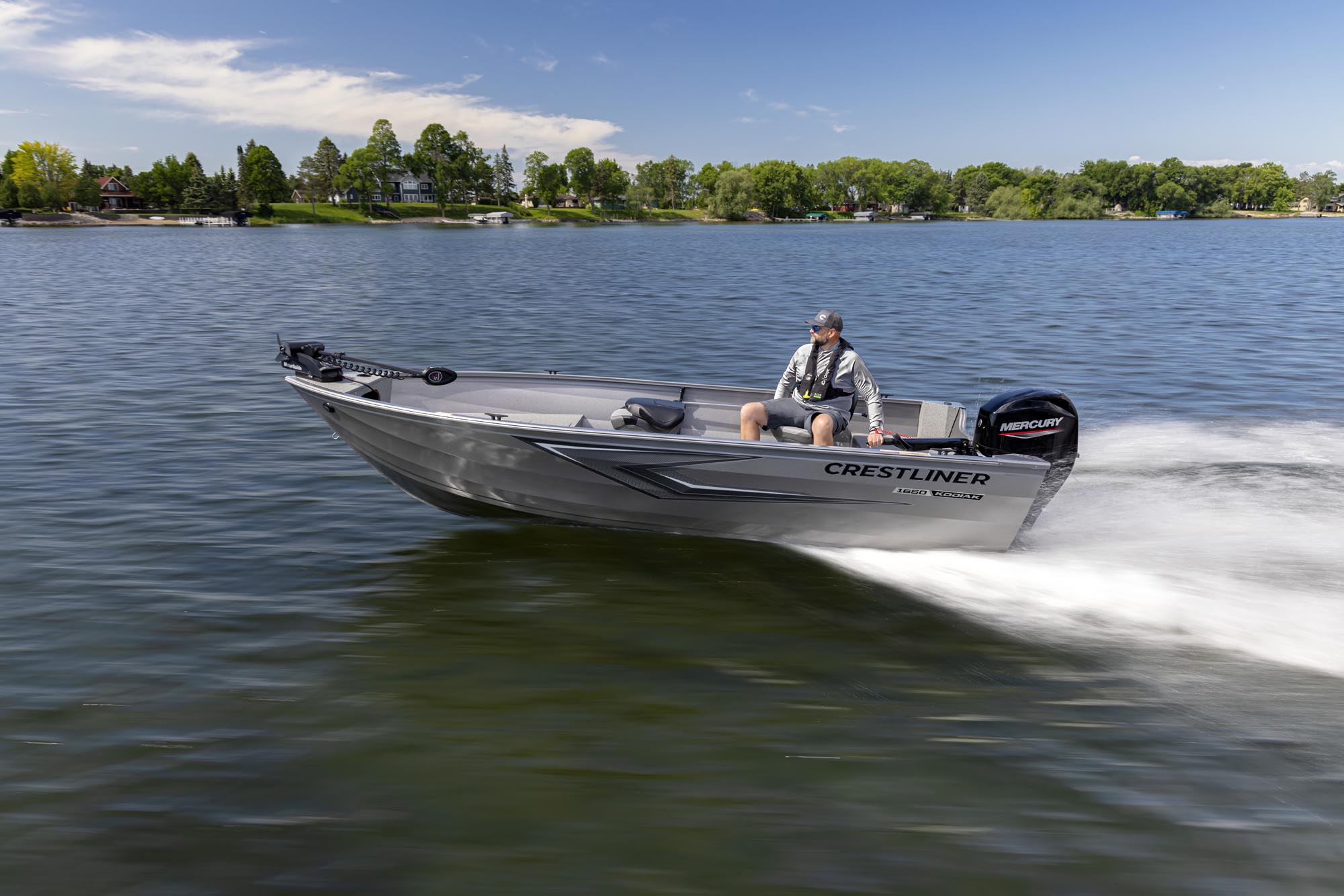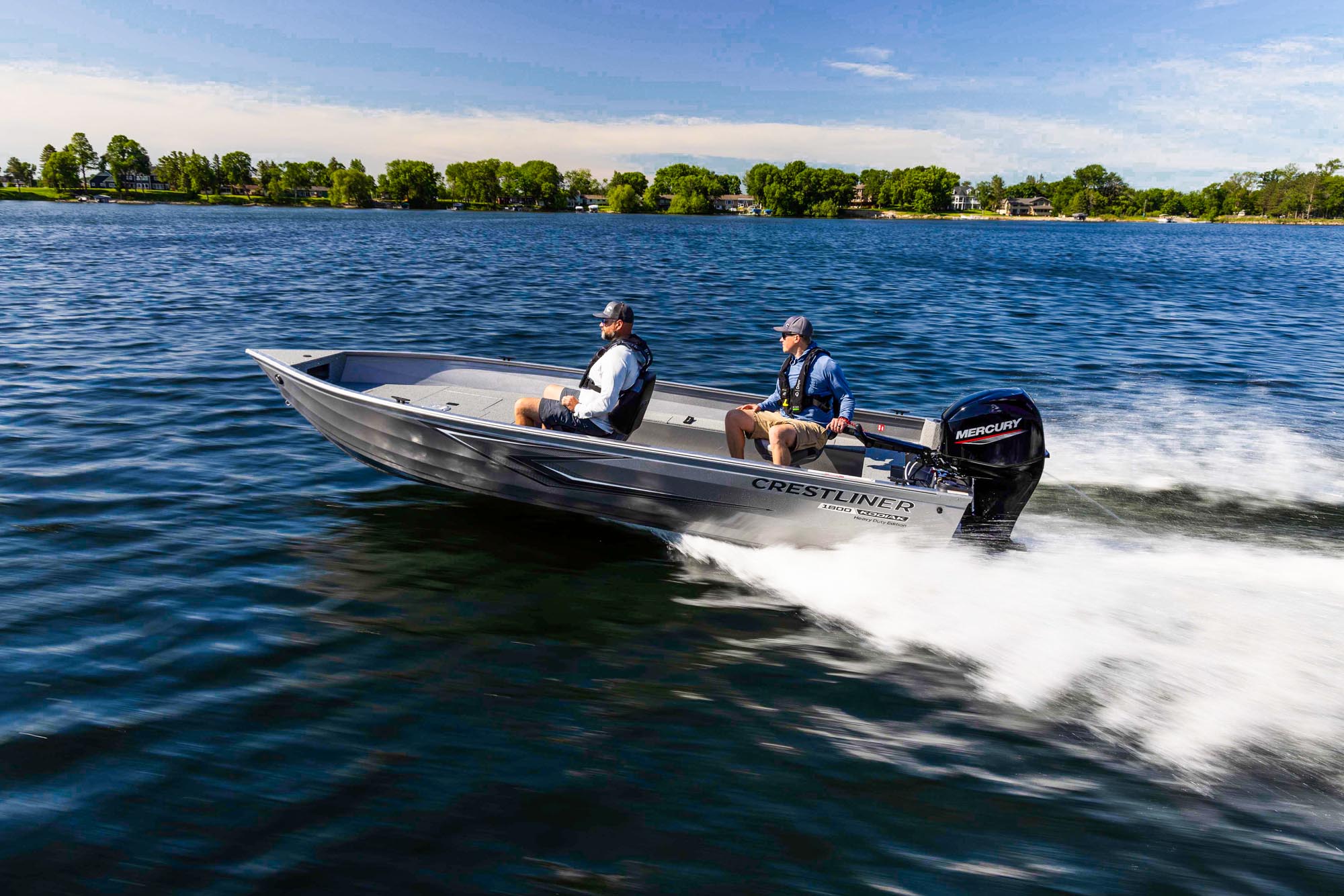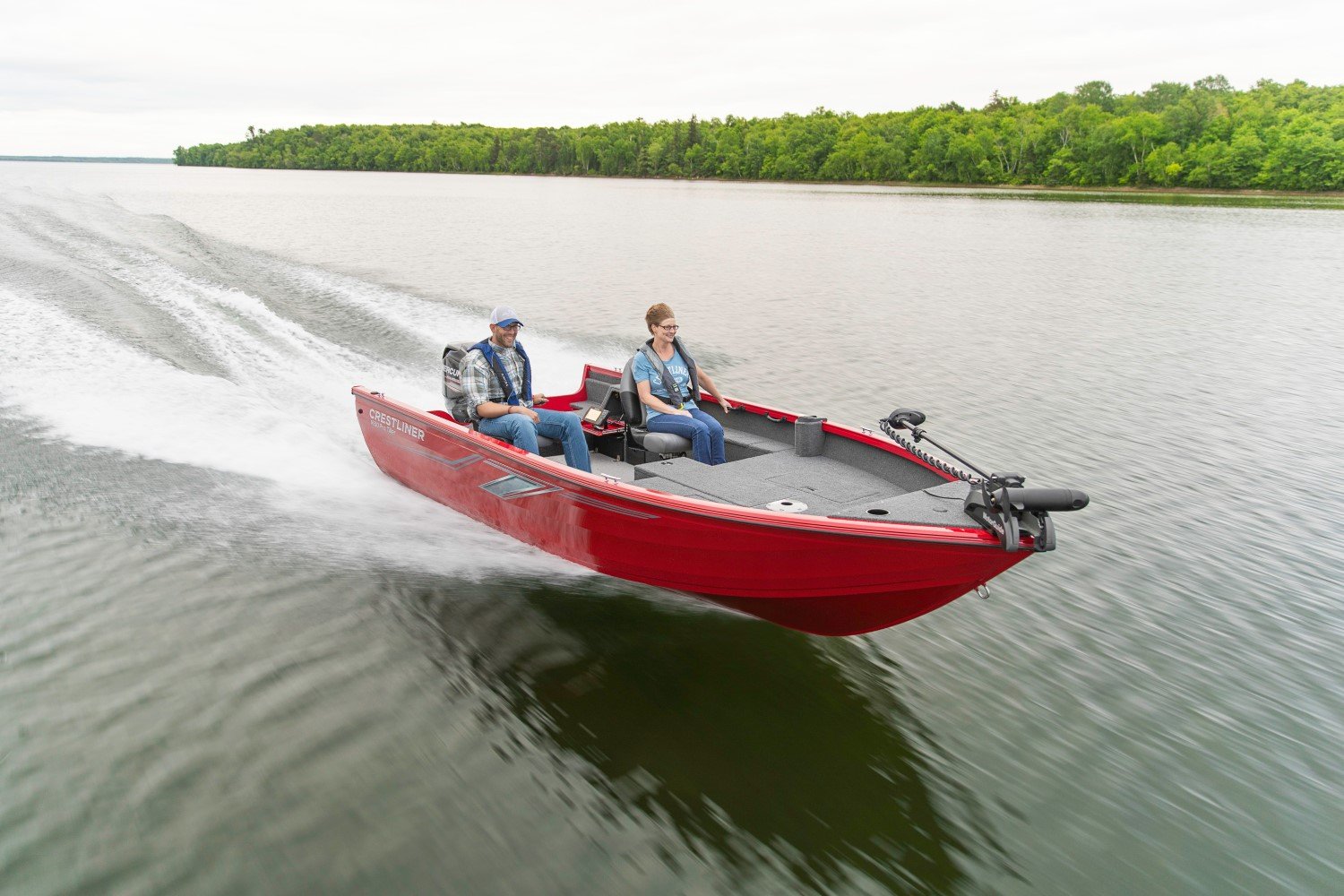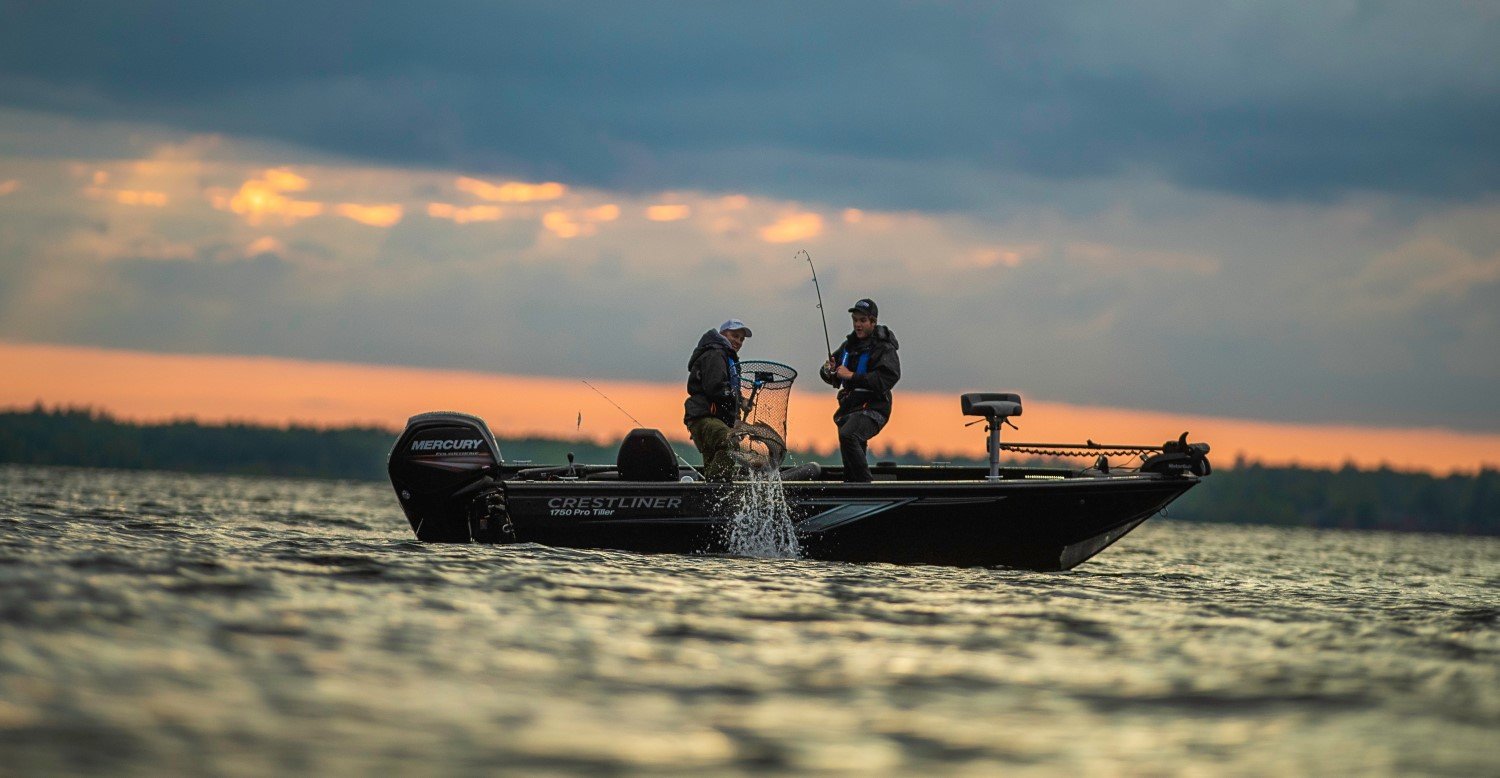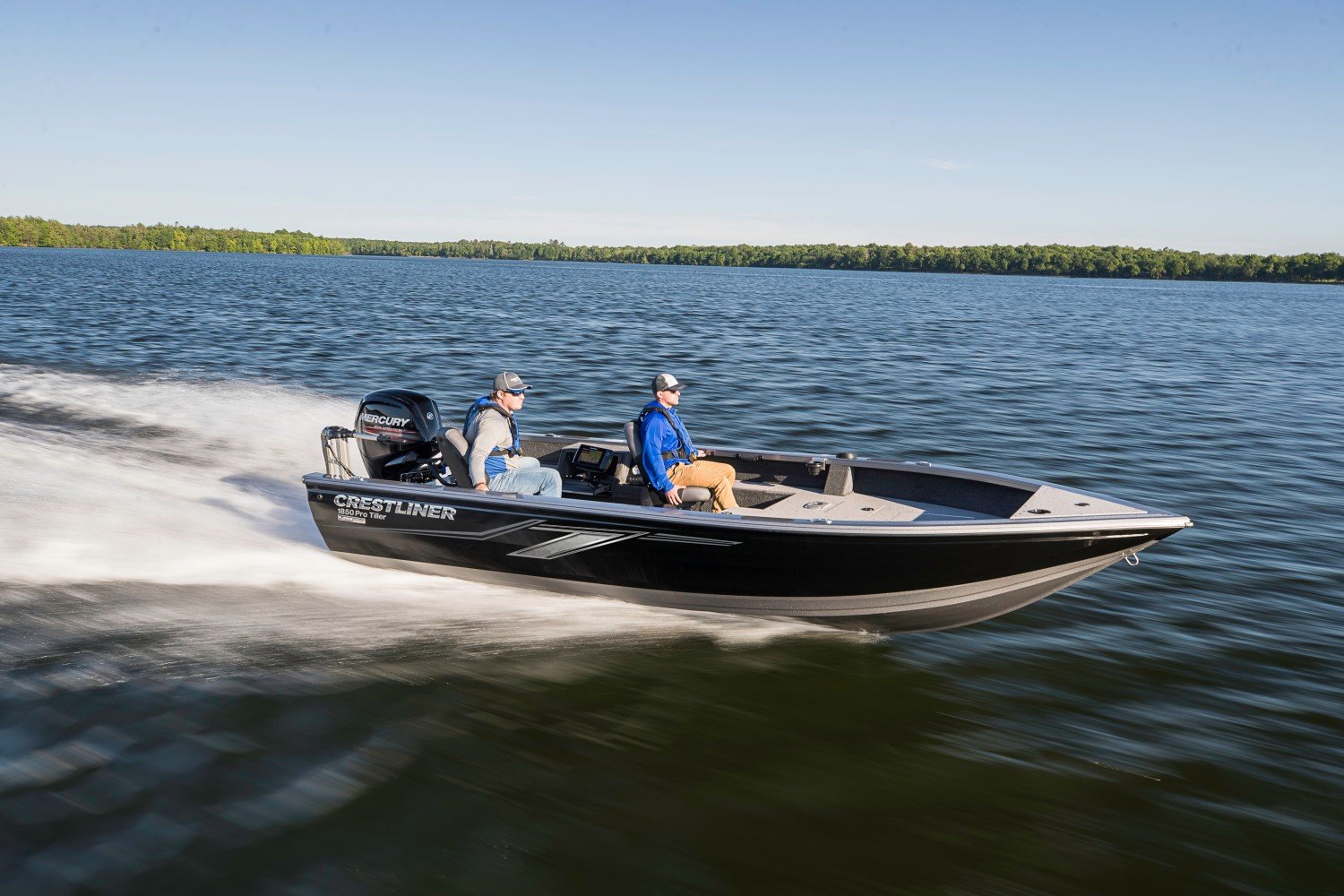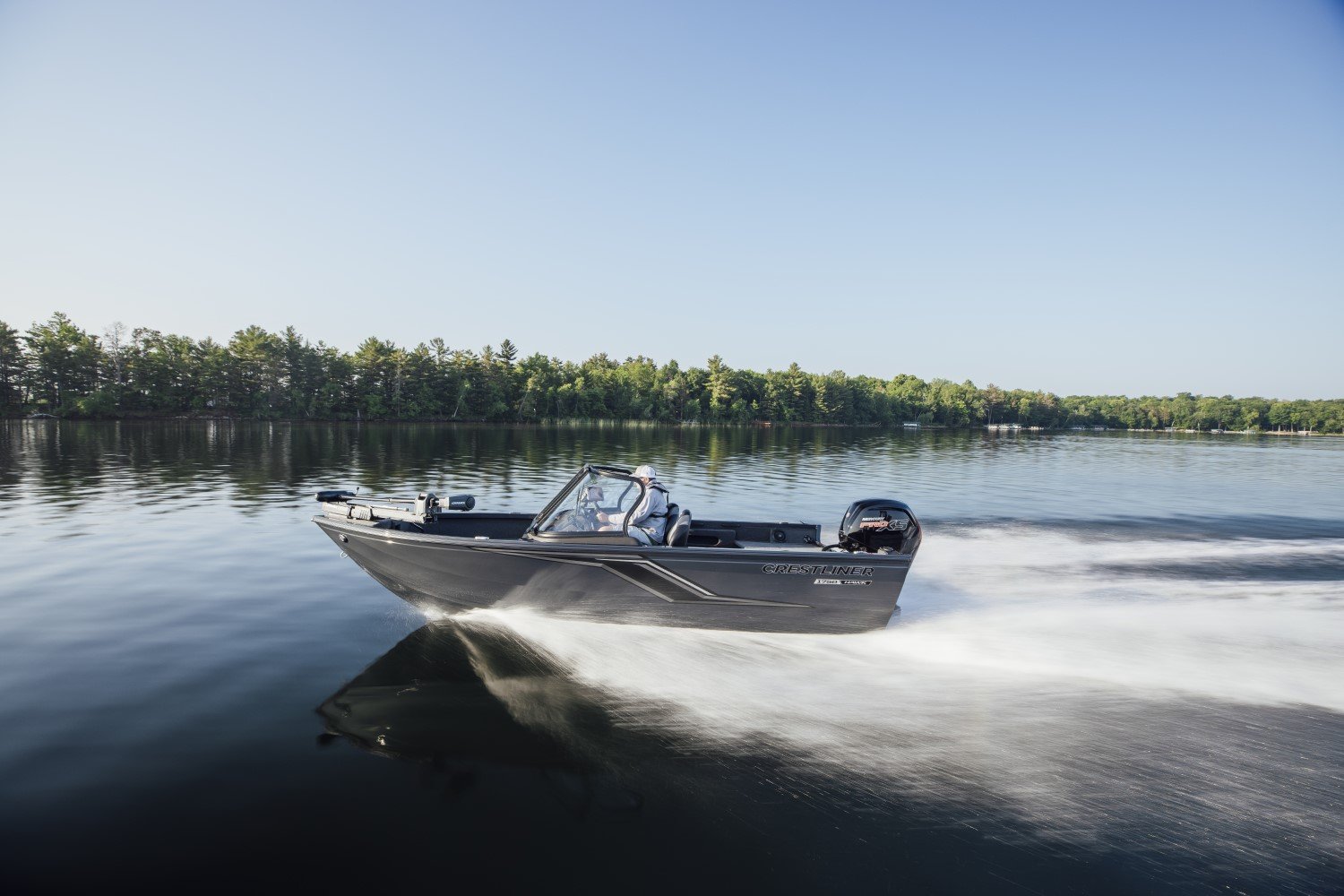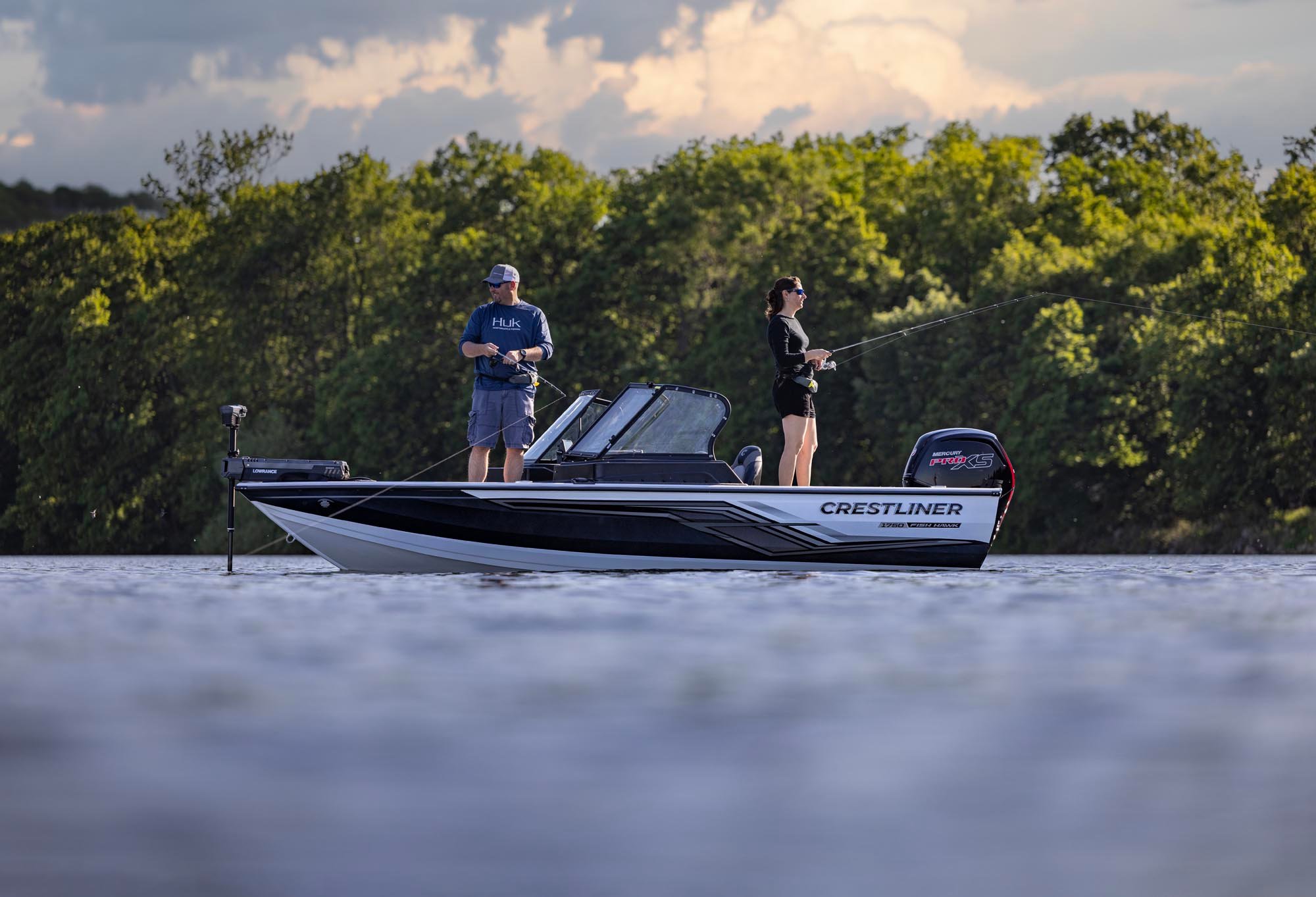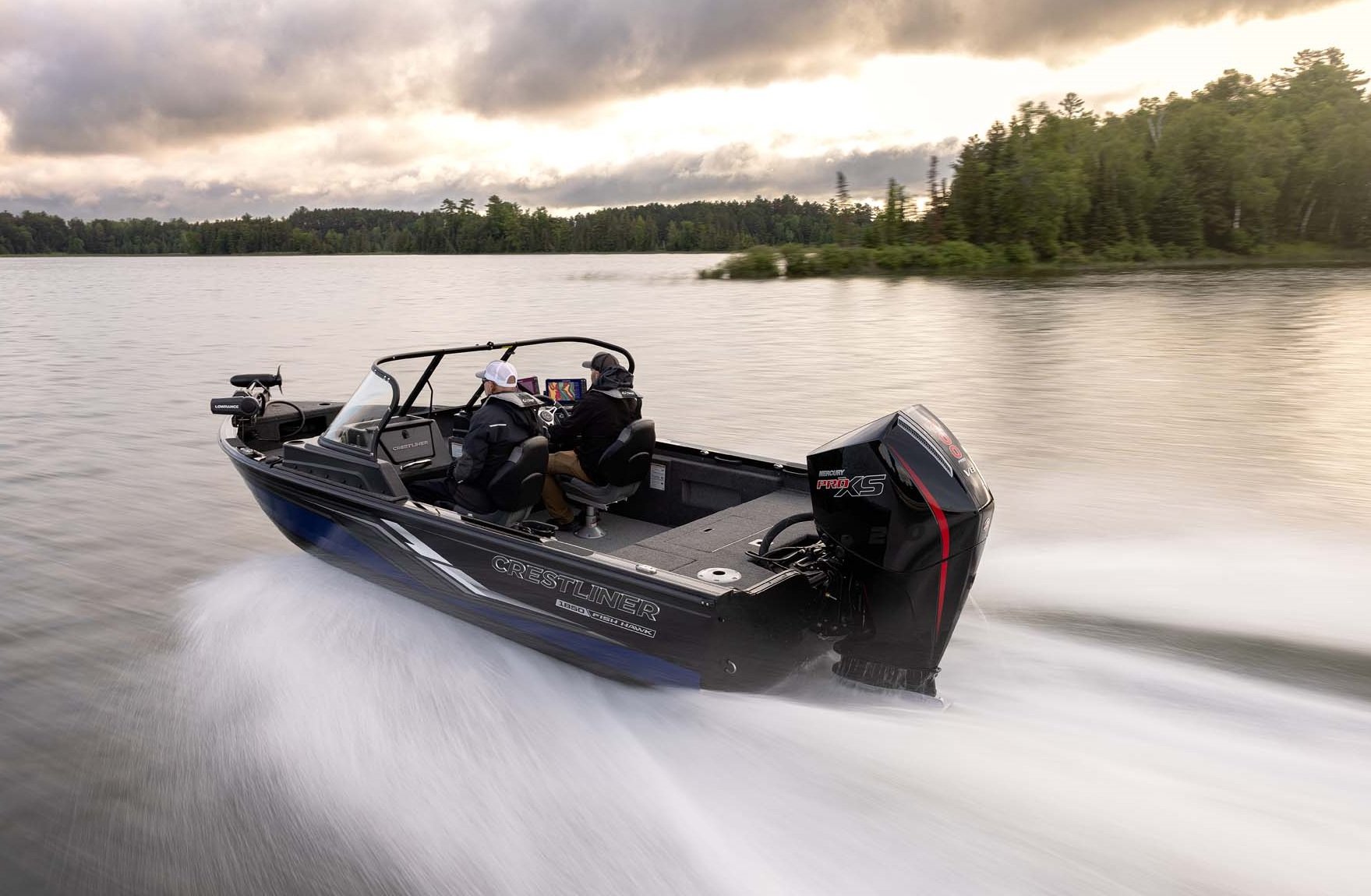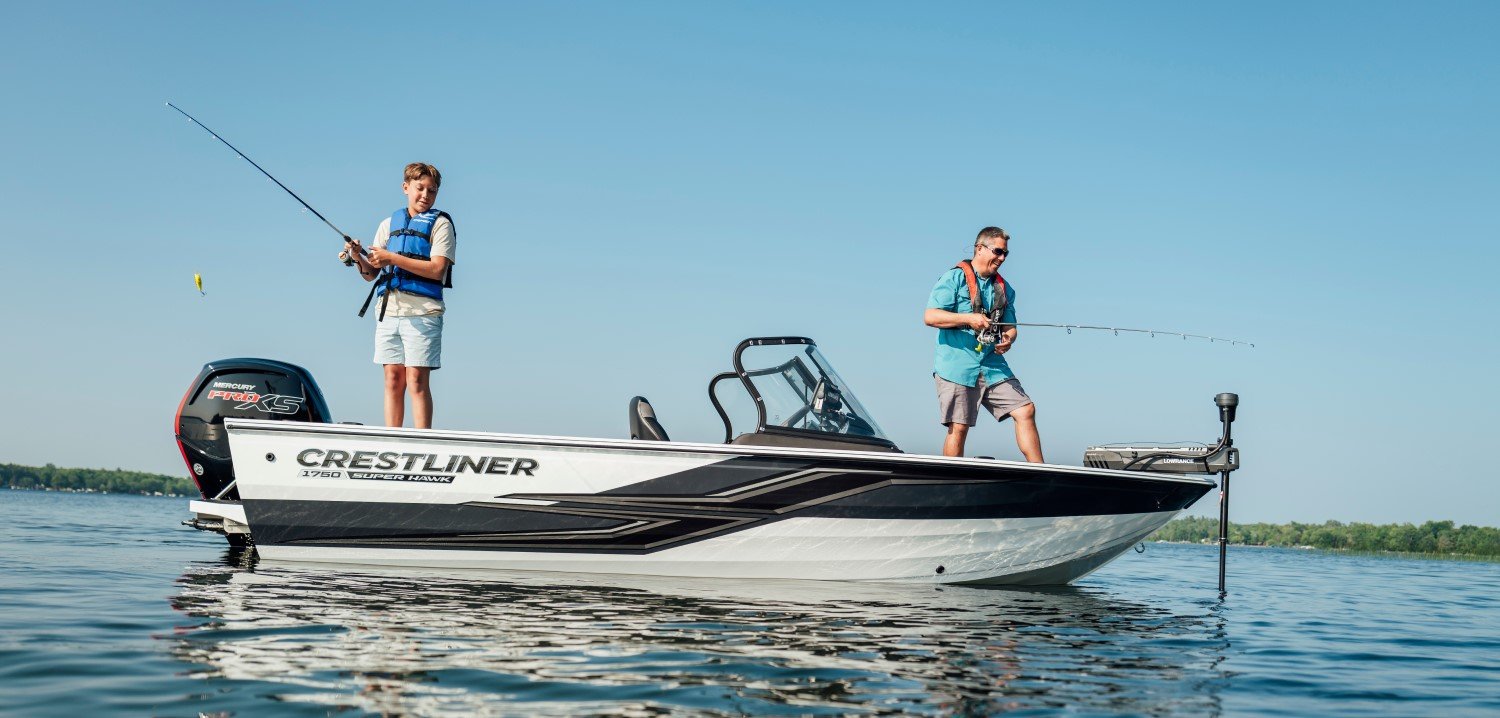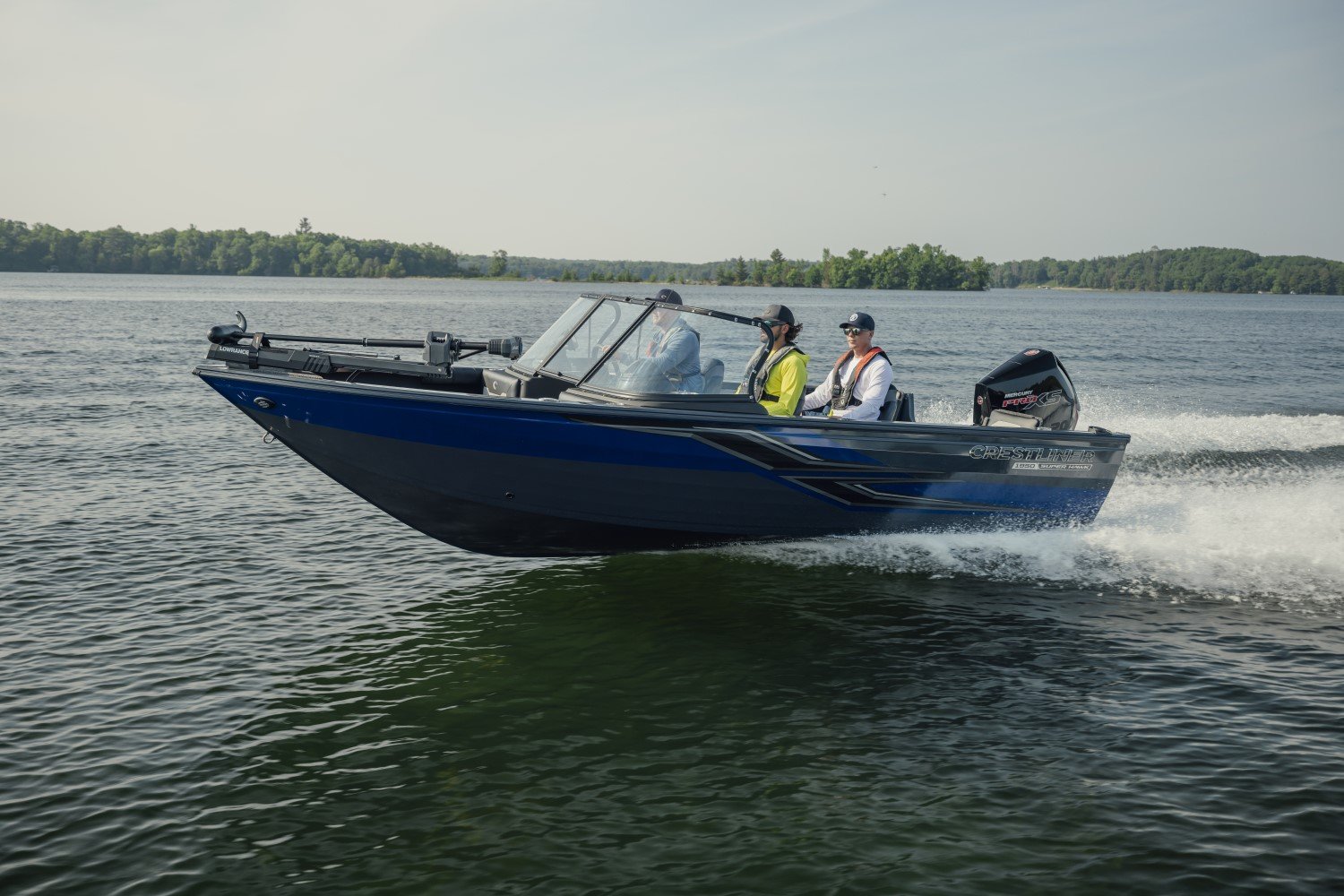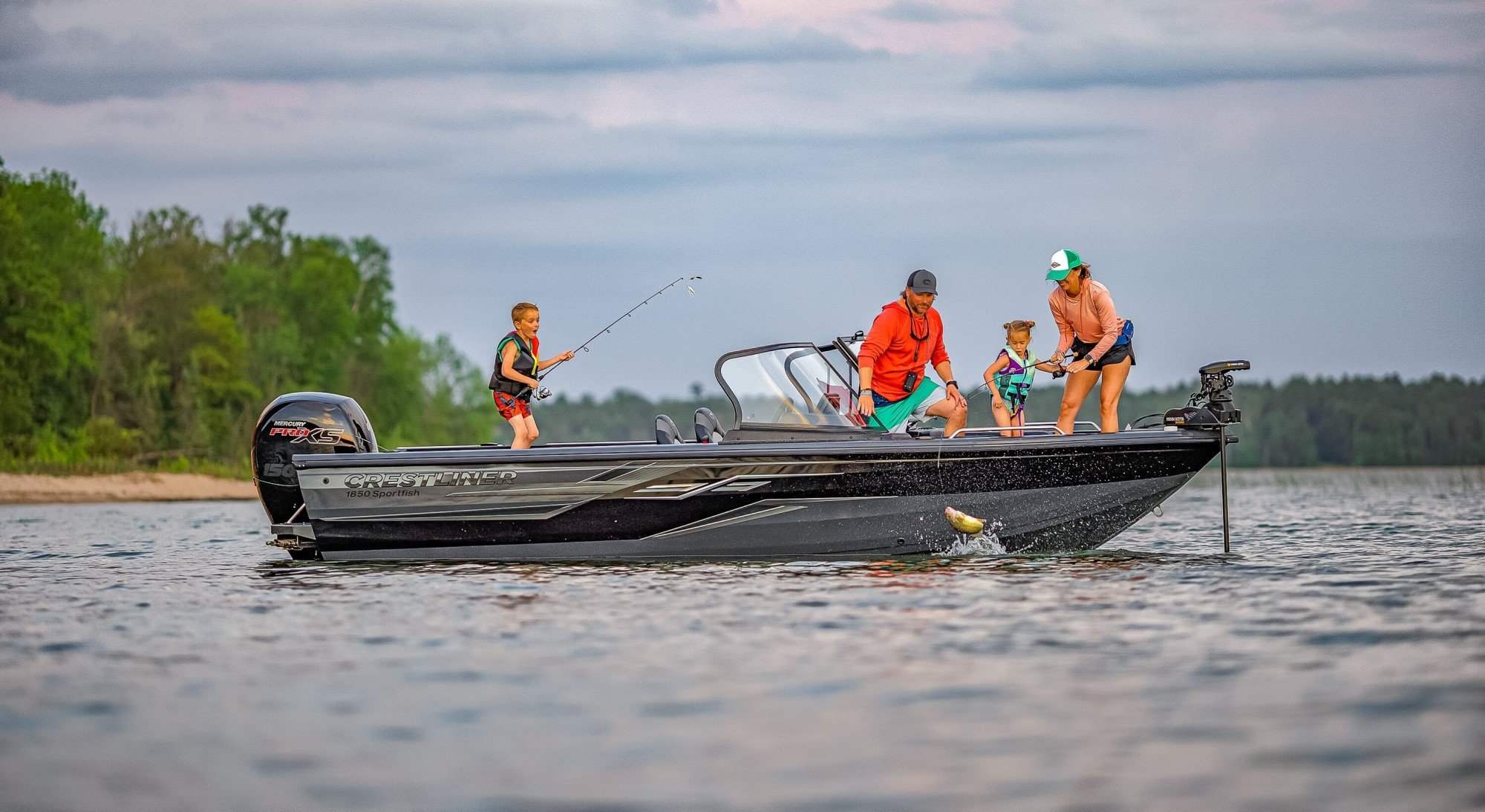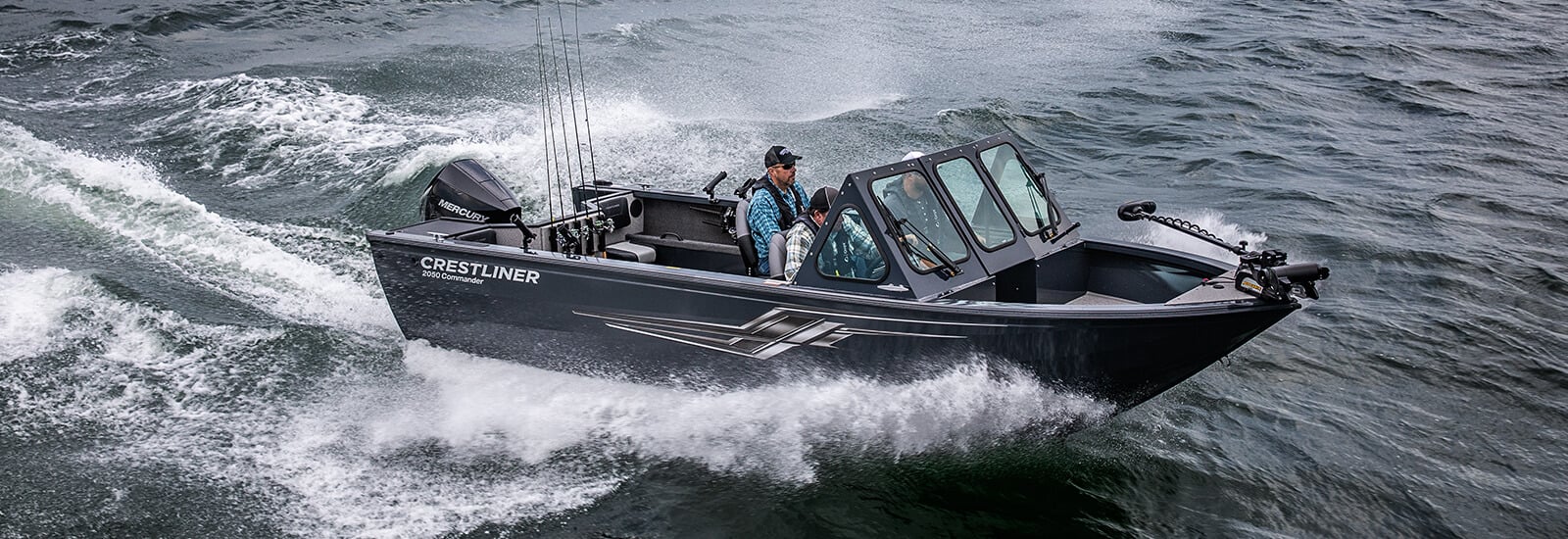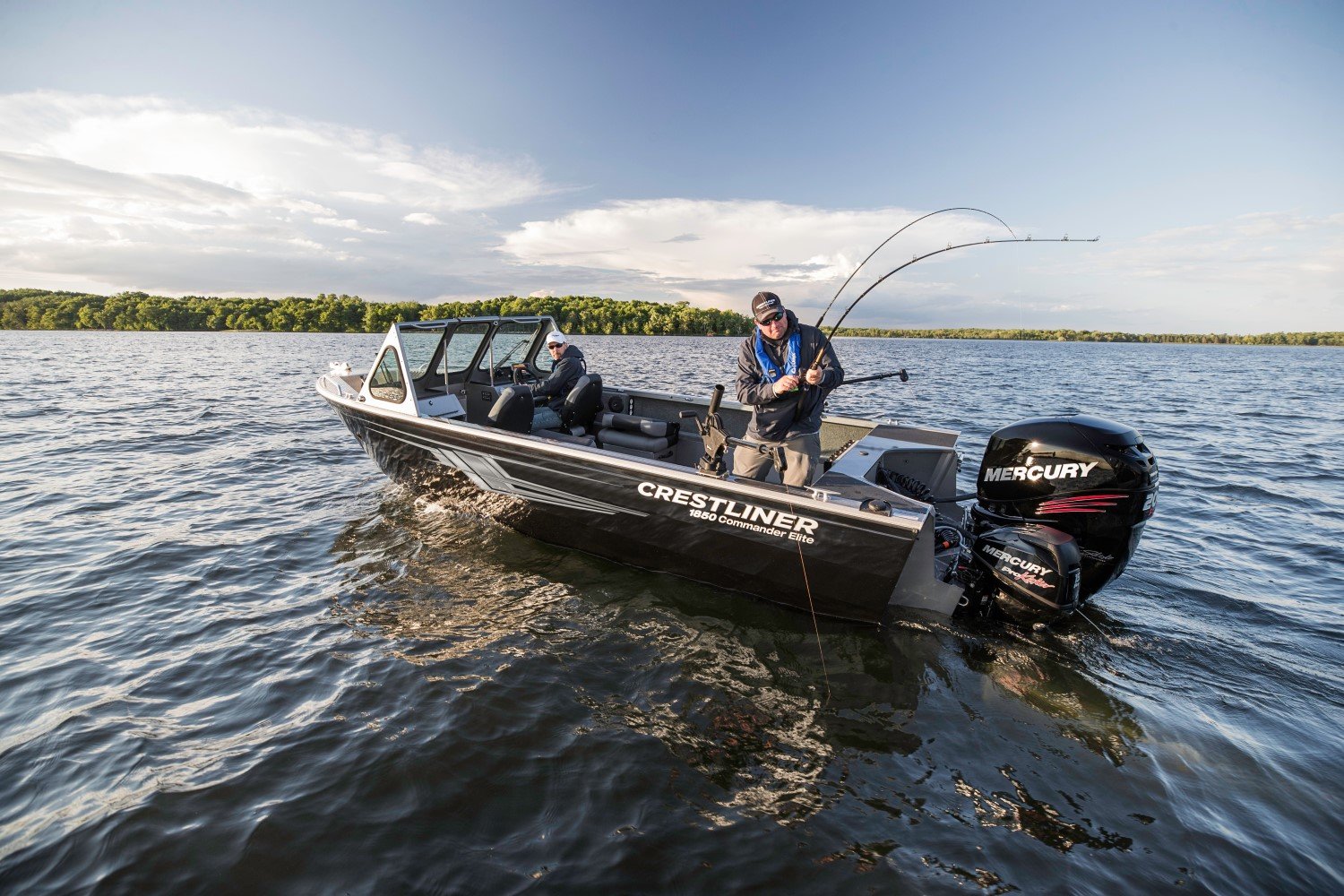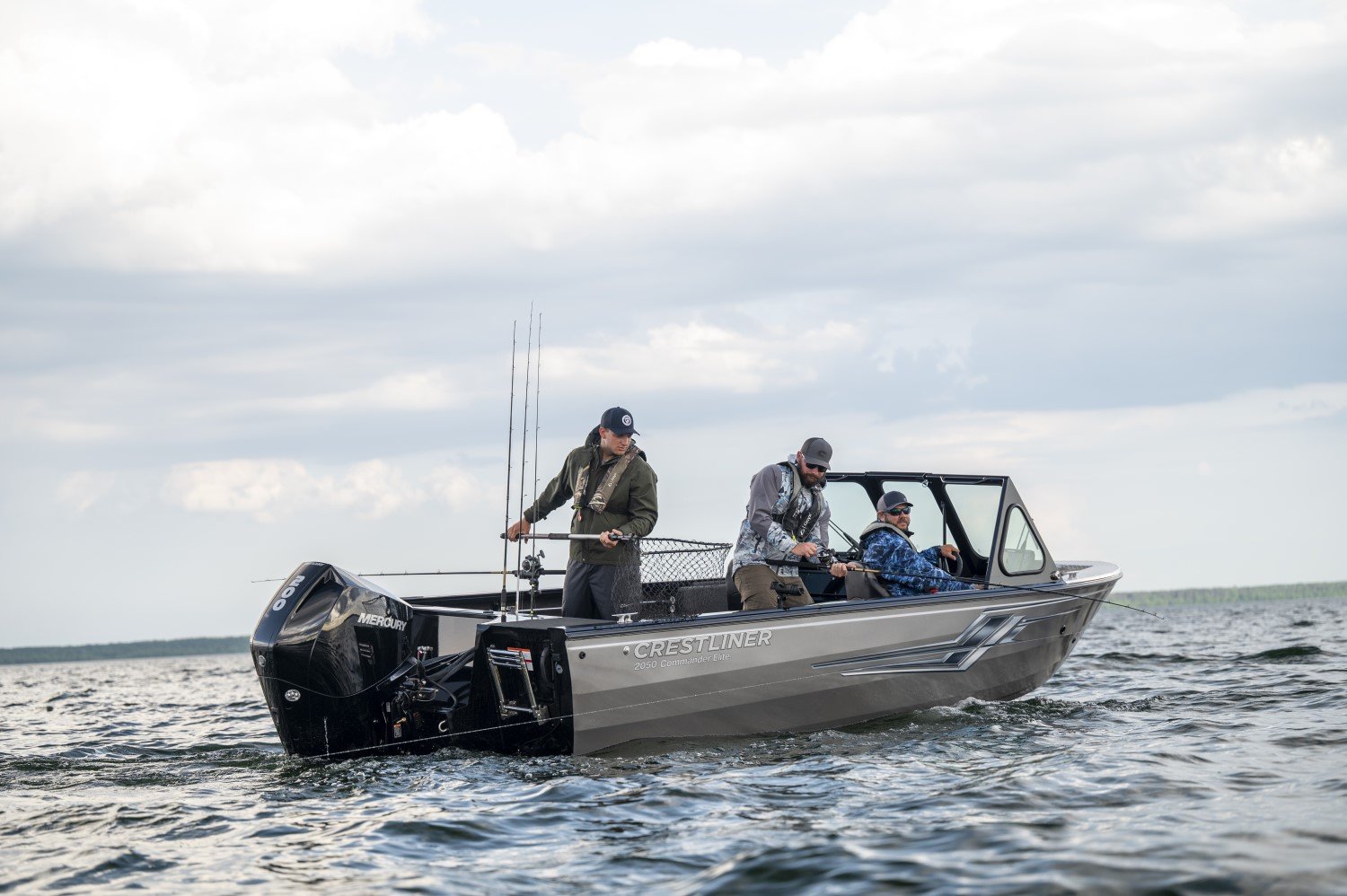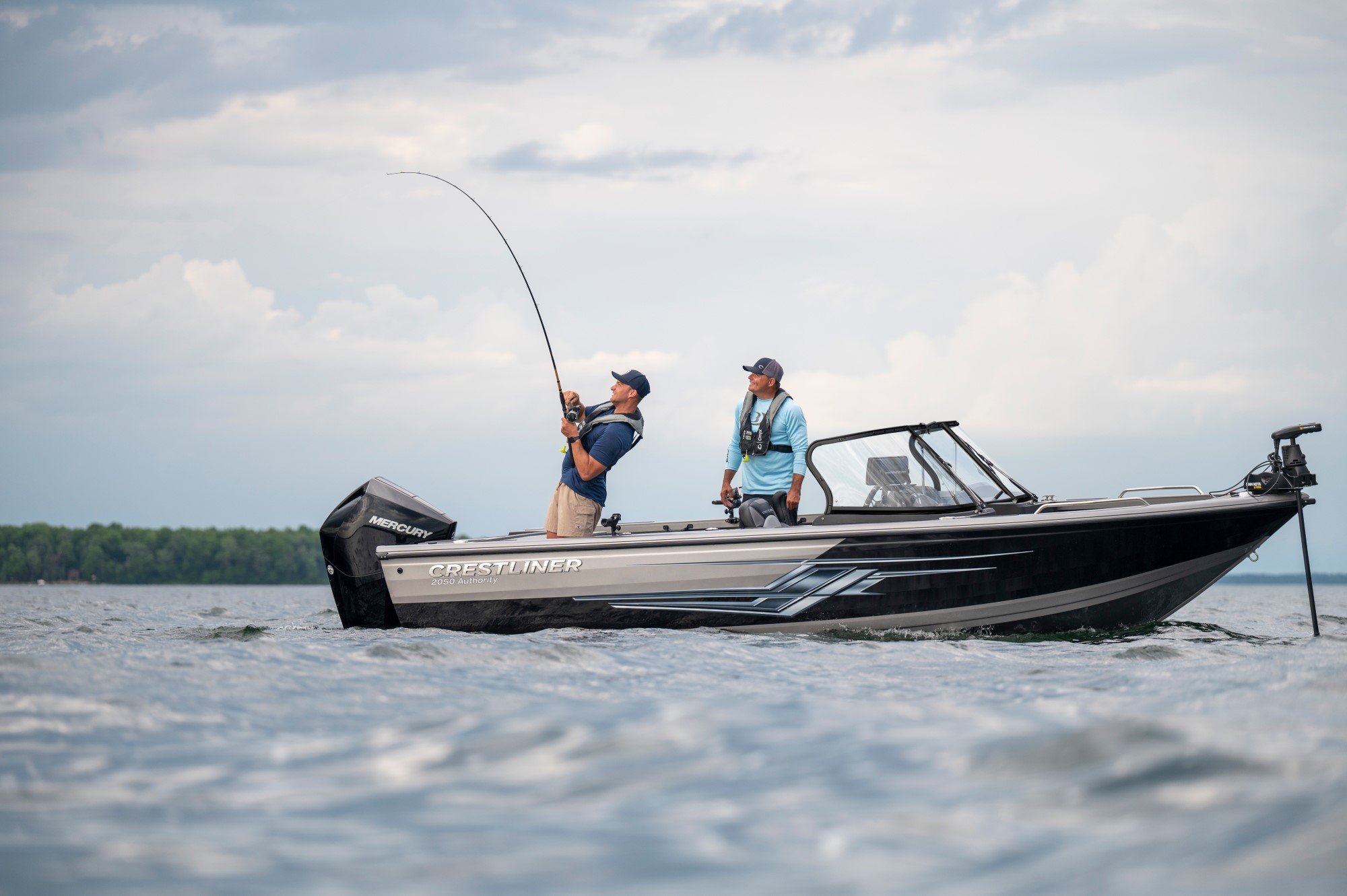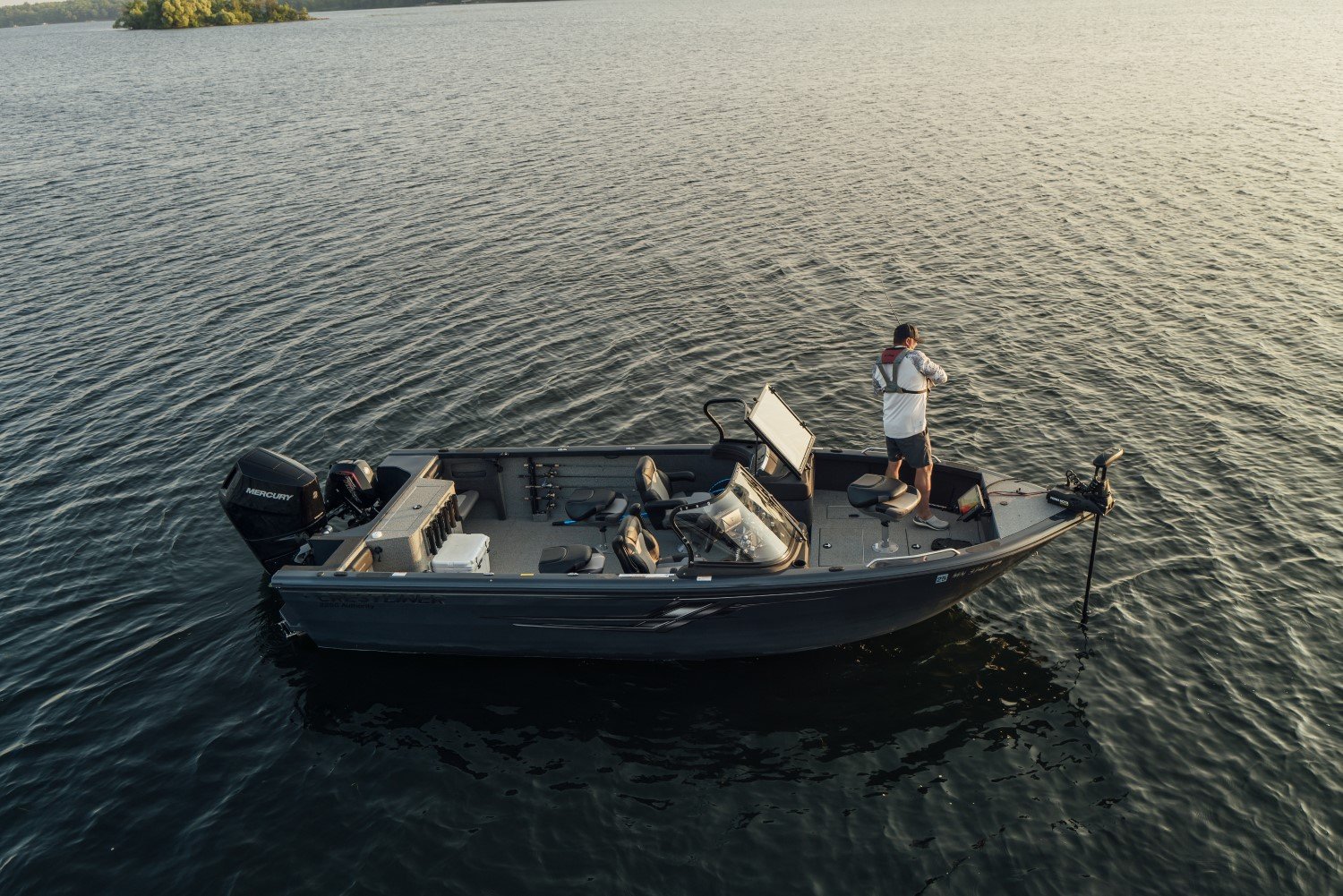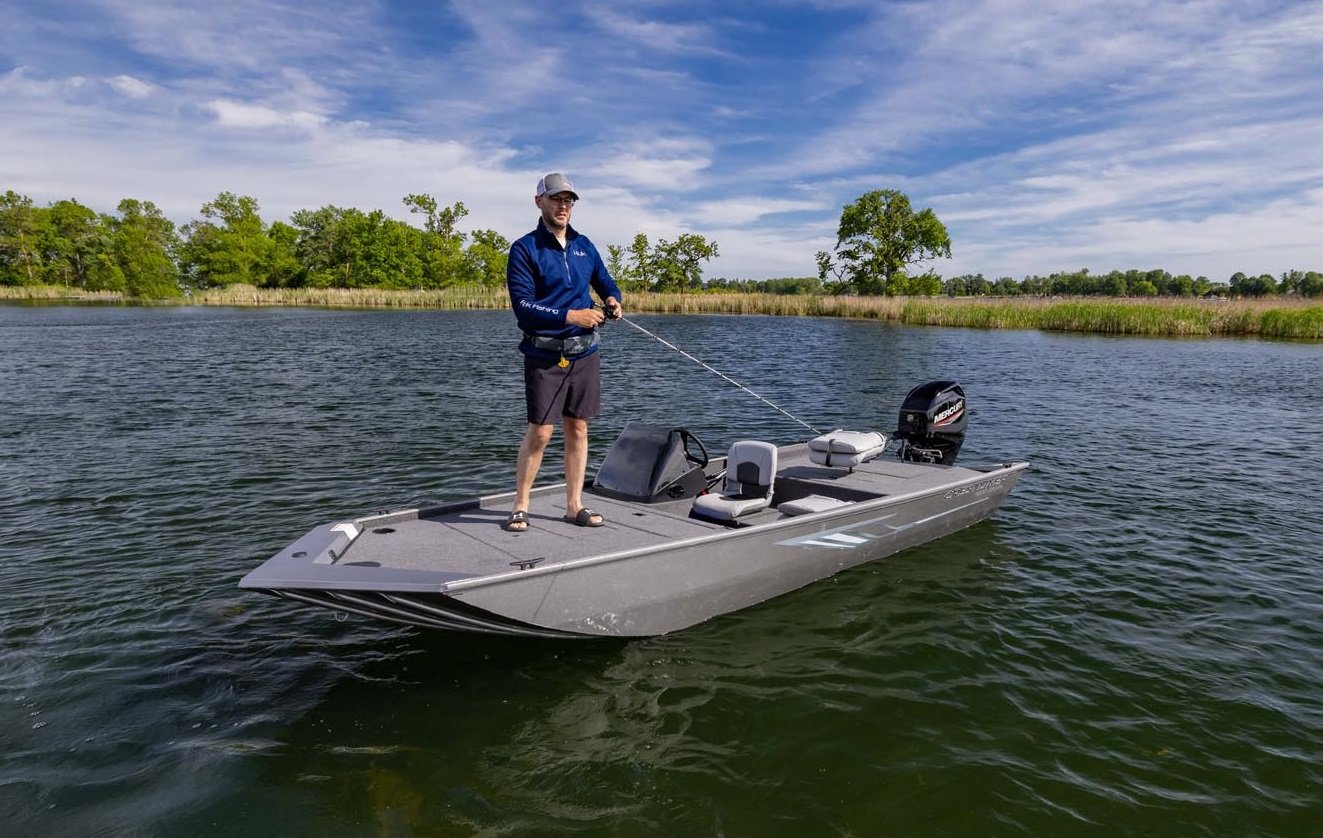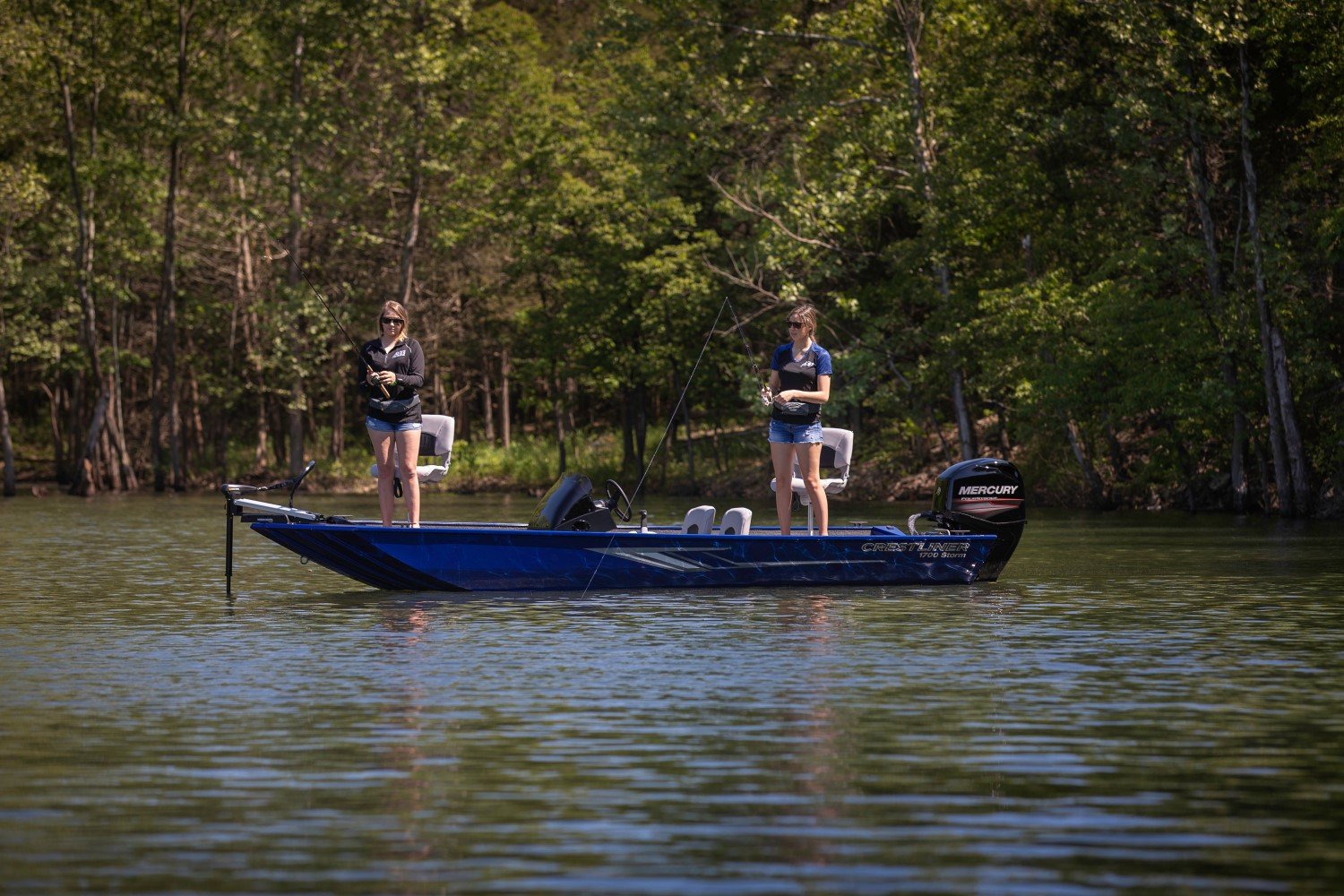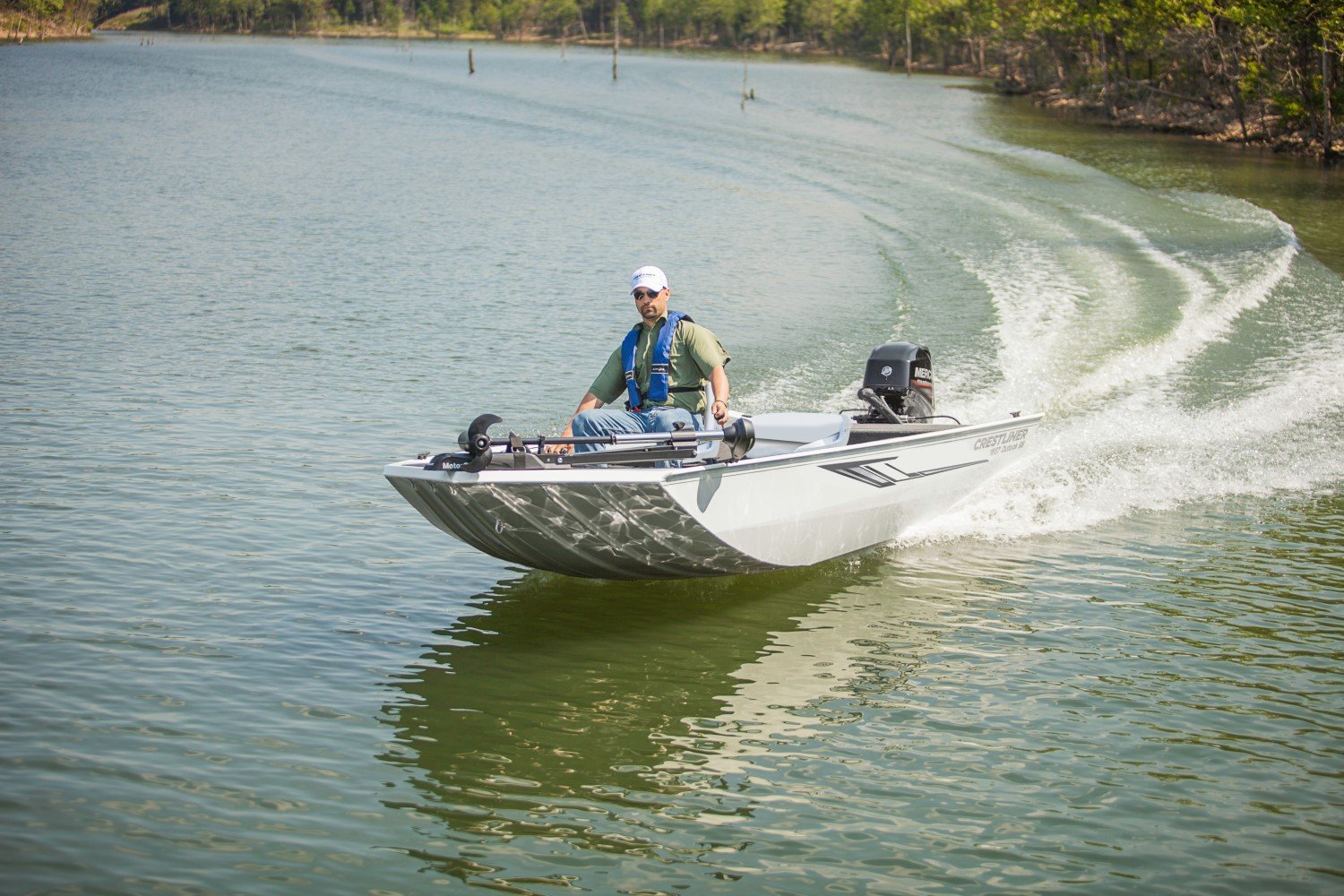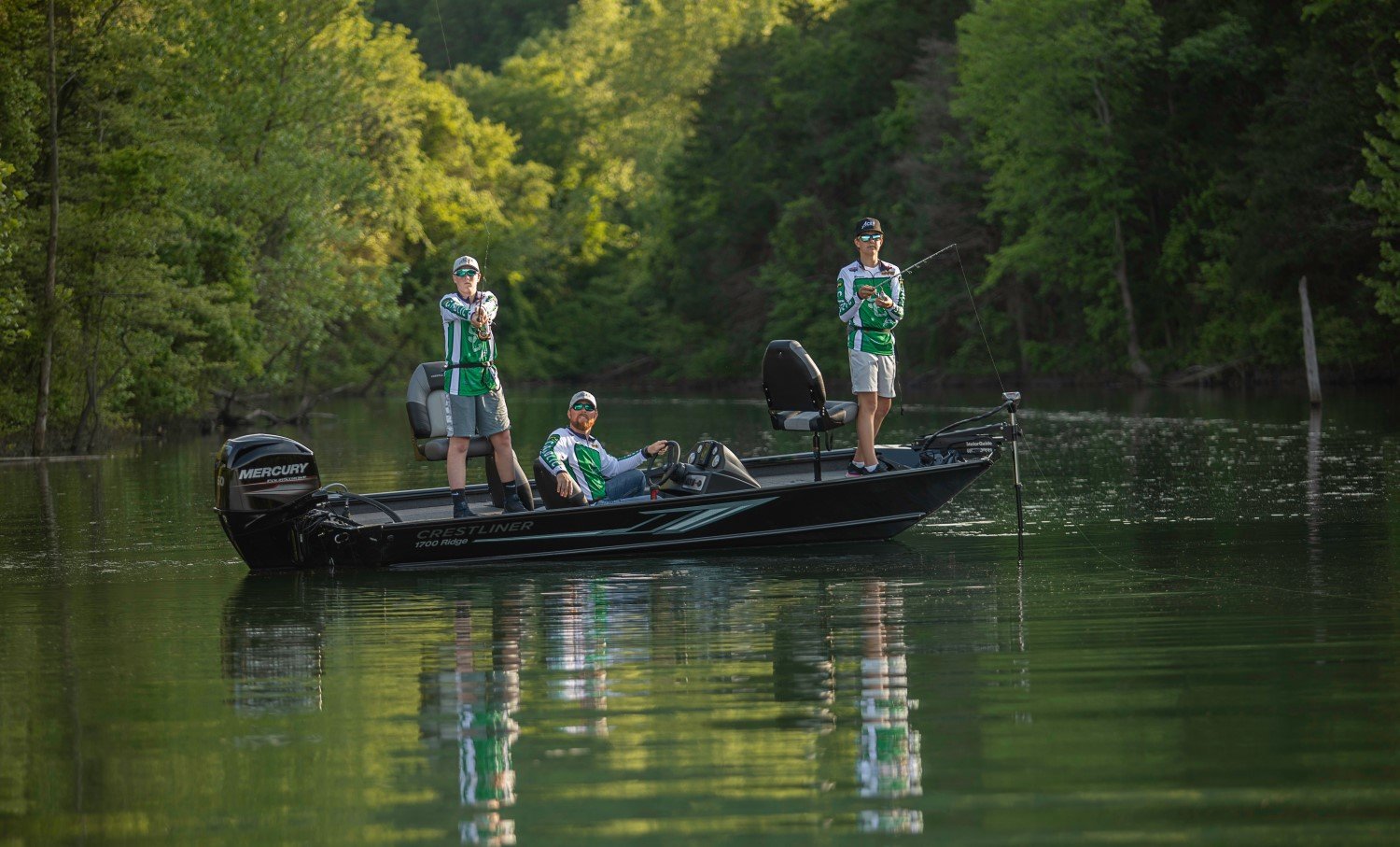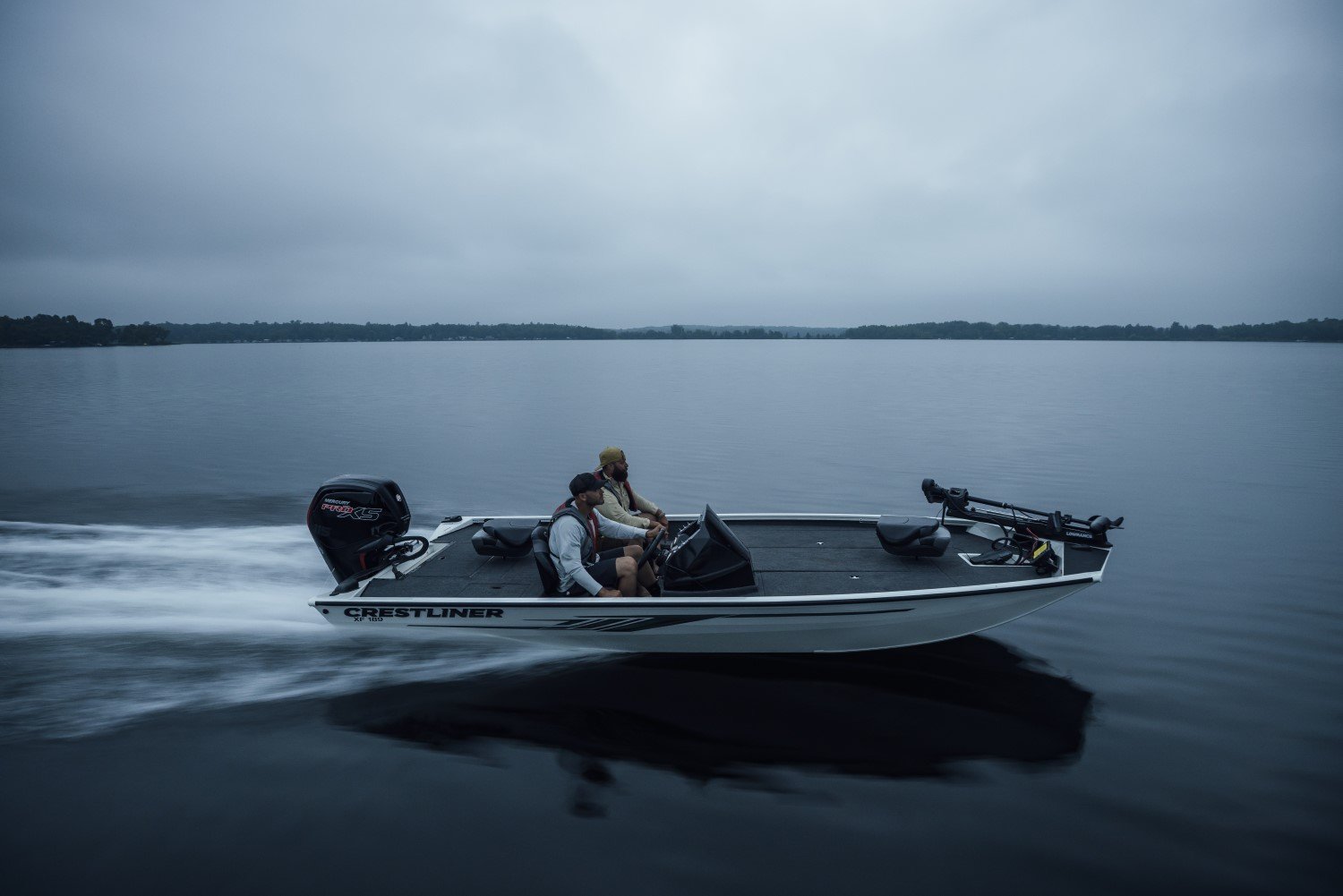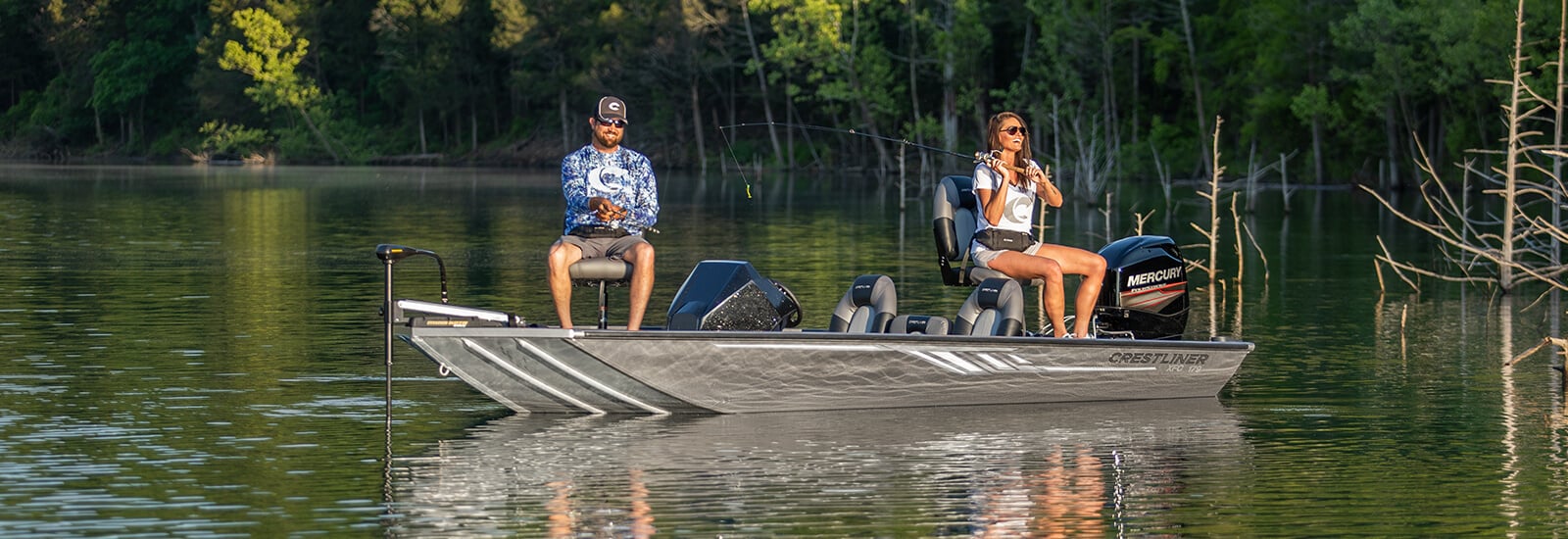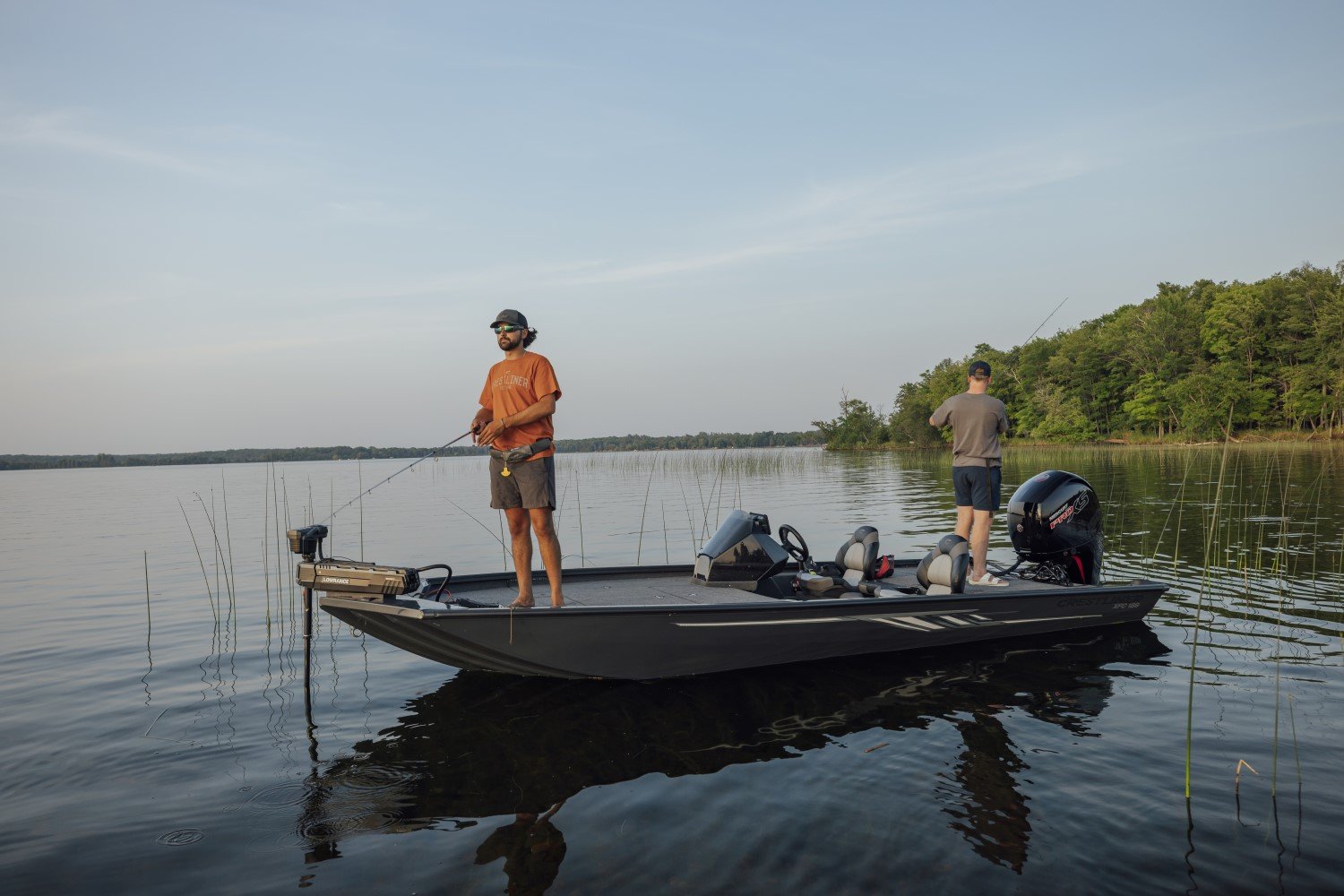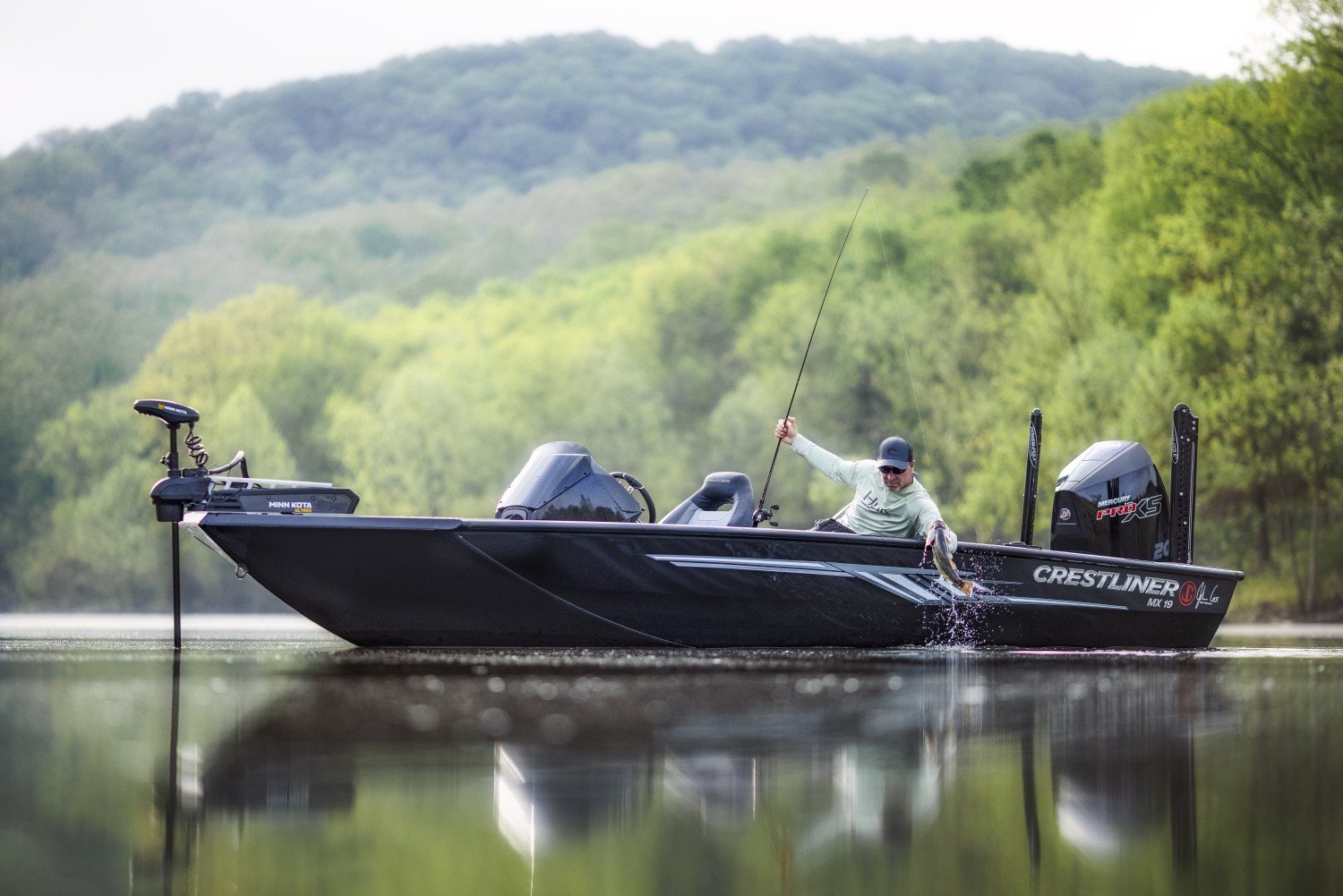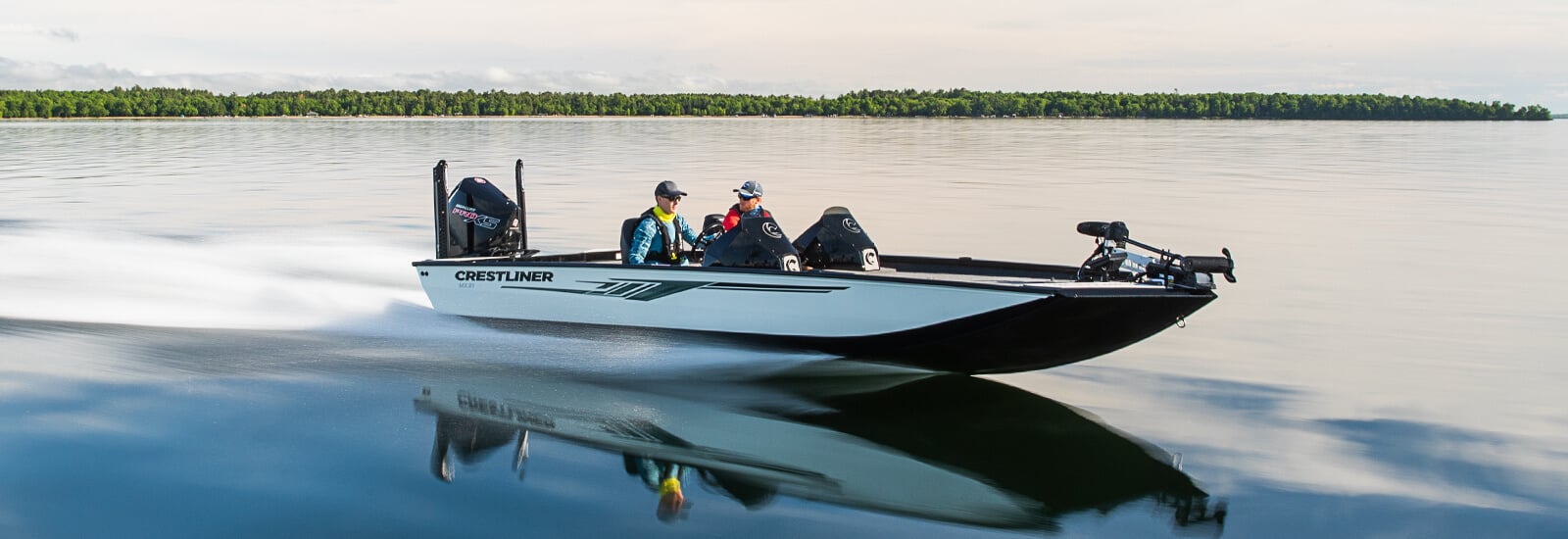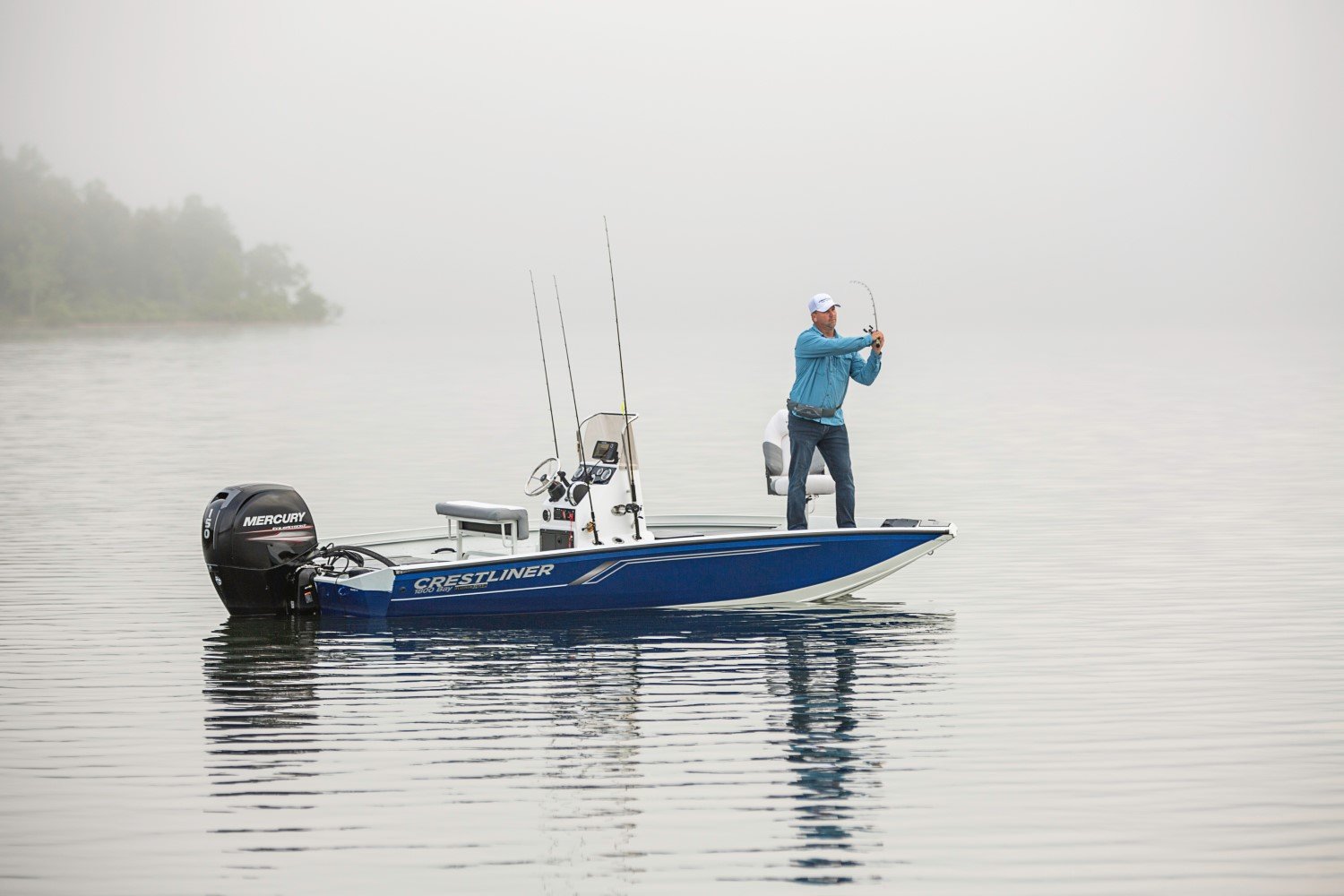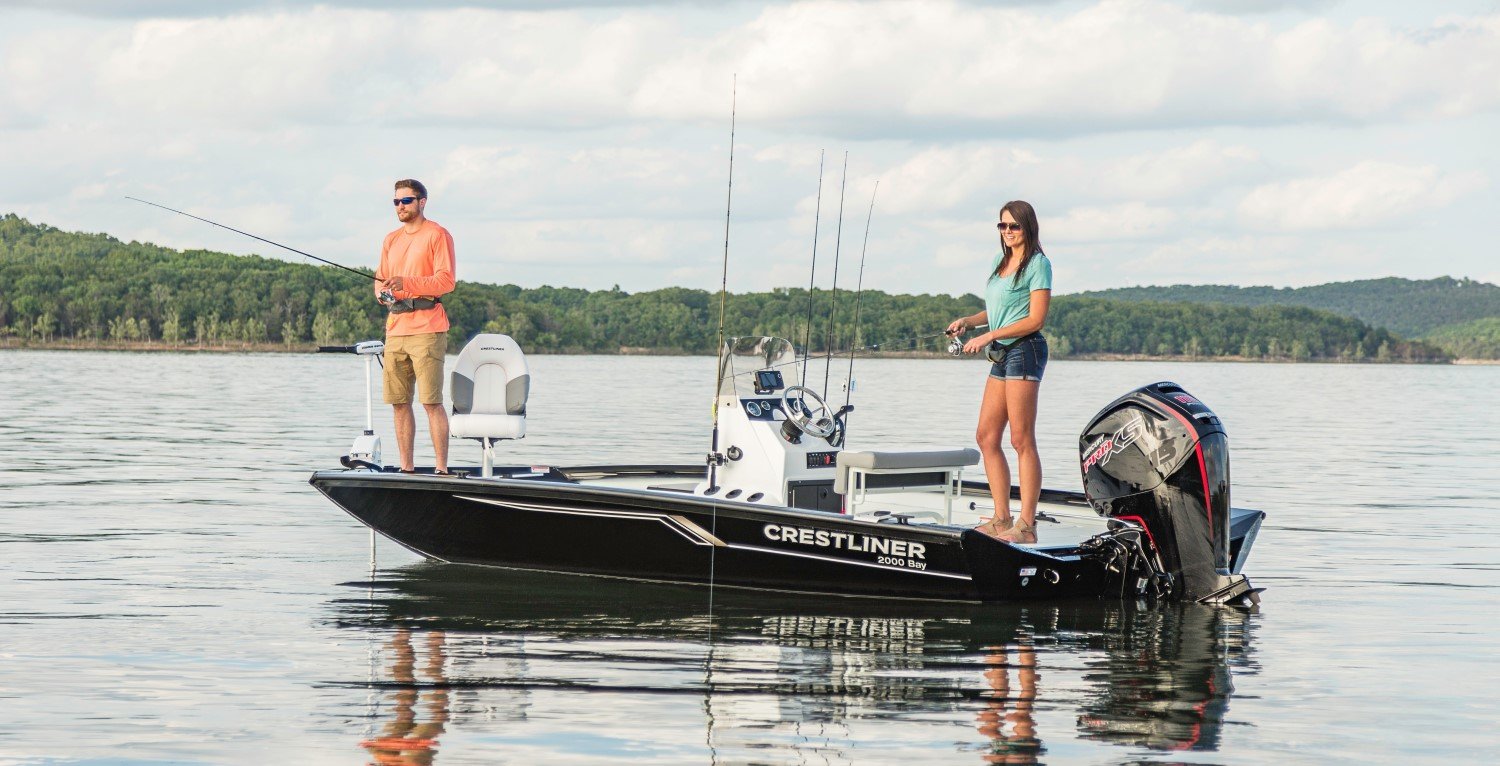To look at their unblinking, expressionless stare, fish certainly don’t seem very bright. Their behavior, from endlessly circling the same spot to indiscriminately gobbling up anything that floats in front of their face, seems quite basic. Many anglers even have stories of catching the same fish on two or three successive casts. So how could anyone argue that fish have intelligence?
A glance at the evidence
Crestliner pro angler Keith Carson notes that fish are very aware of subtle changes in their environment due to pressure changes when fishing boats pass over and the movements of baitfish in their vicinity. This is due to a sixth sense that humans do not have—the lateral line, a nerve-laced organ that extends down a fish’s side and allows it to sense and locate prey at close ranges and in low-visibility conditions.
In addition to this advantage, scientists have discovered that fish can map escape routes from traps and remember the same route a year later. They have been shown to remember other fish and prefer to be with fish they know rather than strangers. Catfish appear to remember a human voice announcing food up to five years after last hearing it.
The arguments
There are several main points people use to argue whether or not fish are intelligent:
Intelligent
- Can be trained to press a button for food
- Recognition of familiar fish
- Basic mapping capabilities
- Memory of up to five years
- Rudimentary tool use
Not Intelligent
- Less than 1 in 100 survive to adulthood
- Low intelligence compared to land vertebrates
- Same fish caught on same lure frequently
- Small brain-to-body size ratio
- Low position on the natural food chain
Fish intelligence and the angler
So how does all this affect fishing? If you’re headed to your favorite fishing spot in your Crestliner boat, how do you use your big brain to catch more fish than last time? Do what the pros do: respect the fish. And recognize that they do have intelligence—just a very different kind of intelligence than humans. Since they’re 100% focused on finding food and making baby bass, they have very specialized knowledge of their underwater environment and how to be successful. And don’t forget that the larger they get, the smarter they get—so catching a big one takes more skill on the angler’s part.
To answer the original question, yes—fish are smart. Very smart, considering the harsh world they live in and the things they must do to survive to maturity. But comparing fish intelligence to human intelligence isn’t a helpful exercise. When it comes to a direct comparison, we definitely have the advantage.

